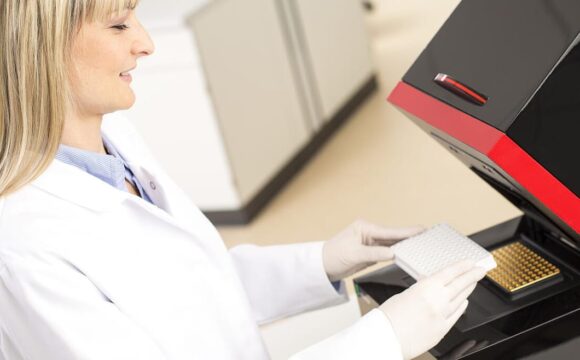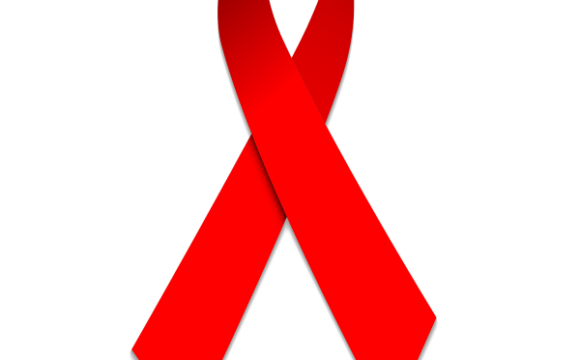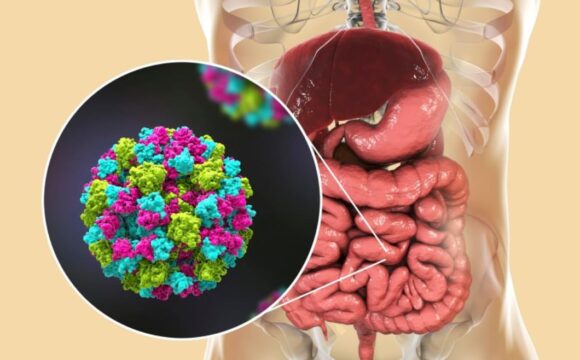Every sector involving the manufacture and production of goods incorporates a set of rules or standard procedures. The purpose of setting such standards is to manage the quality of the products manufactured. These standard procedures need to be met while manufacturing any product such as medicines, food, health drinks, cosmetics, and many more. If not met, the whole batch or lot manufactured is considered Out of Specification (OOS). Thus, the product is not released in the market and the whole batch is rejected. In order to have control over it, every manufacturing industry consists of an SOP (Standard Operating Procedure) which has every process mentioned in it. Along with it, parameters that need to be checked and specifications that determine if the product is eligible to be released in the market are mentioned too.
Pharmaceutical industries also have SOPs for regulating the manufacturing processes of their pharma products. Information on parameters involving chemical analyses and microbiological analyses of the raw goods, finished products, packaging products, etc., are all mentioned in it. Specifications such as minimum and maximum requirements of the chemical and microbial factors are as well described which would or else lead the product towards being ruled OOS. The question here lies – who governs these standards set in pharmaceutics manufacturing and production industries?
Quality Management System (QMS)
Quality Management System is a fundamental part of the pharmaceutical industry which regulates and governs if the finished goods comply with pharmacopeia standards set for the quality production of the pharmaceutical products. It is the main body that coordinates and monitors the manufacturing processes and implements regulatory requirements with the motive to ensure efficient and flawless production of pharmaceutical goods. It is an integration of two governing operations namely Quality Control and Quality Assurance.
Quality Control (QC): While a pharmaceutical product is being manufactured, ample things are to be taken care of.
- Sampling: The very first task in the whole manufacturing process which involves a QC (Quality Control) team is the sampling of the product components.
- Raw material analyses: After sampling, chemical and microbiological analyses are conducted on the sampled components with a motive to formulate the best quality drugs which are devoid of any contamination and do not lack in performance. Raw materials, as well as raw water used in the preparation of potential pharmaceutical drugs, are analyzed. QC ensures that the raw materials are under specification and satisfy the eligibility criteria to be used in the manufacturing processes.
- Inspection of the batches: Pharmaceutical products a produced in different batches and lots. QC is responsible for inspecting the batches The QC team collects random samples from the batch and analyses in order to inspect the samples. The whole batch is judged on the basis of the analyzed sample.
- Finished product analyses: The QC department is responsible for conducting chemical and microbiological analytical tests on purified water as well as finished products. This is to see if the product qualifies all the release criteria.
- Packaging material analyses: QC also takes charge of the analysis of the product packaging materials. The width, length, and thickness of the letters inscribed on the packaging material, etc., are analyzed.
- Instrument calibration: The QC team is responsible for any error in the results of analyses due to faulty analytical instruments. For the same, they are to calibrate the instruments, mostly daily or weekly, in order to check if they are working satisfactorily.
- Validation tests: It is the duty of the QC team to validate the products to confirm that it meets the standard criteria.
All the analyses by the QC are conducted as per the industry protocol keeping in mind the pharmacopeia standards inscribed in the SOPs.
Quality Assurance (QA): Quality Assurance operations are of utmost cruciality in manufacturing industries like pharmaceutics. It is a focal point accountable for ensuring quality management.
- Overseeing QC: While the QC team runs the quality analyses and regulates the manufacturing procedures in the pharmaceutical industry, the QA team oversees the workings of the QC. They are the ones providing assurance to the consumers about the drugs’ potency and quality.
- Administration of SOPs: Where QC is approved to work according to the specifications of the respective SOPs, QA is the one implementing and administering the SOPs. The SOPs are issued by the QA department who is essentially responsible to supervise each and every task conducted by the QC team throughout the production of a batch or lot.
- Documentation: After conducting any test, proper documentation incorporating the Good Documentation Procedure (GDP) needs to be maintained. The QA team looks after the same.
- Approval for machinery usage: Along with providing SOPs for analyses, the QA team is also accountable for handling approval for machinery usage at the very beginning of the whole process.
- Audits: Internal and external audits are conducted which are taken charge of by the QA team. These are nothing but on-site verifications done by either internal members or externals. These are held to inspect and judge the quality of production and everything related to it.
- Controlling changes: QA is responsible for controlling any kind of changes in the industry or industrial processes from the very start until its closure is achieved. This ensures that changes are taken care of in a well-planned manner.
- Complaint handling: Another responsibility of the QA is to handle any sort of complaints and dig out an appropriate and justifiable solution.
- Release of the batch: Quality Assurance team is eligible to undergo batch release after the product meets appropriate release criteria.
It is critical to have QA and QC operating systems in the pharmaceutical industry. The purpose of having the same is the determination of the quality of the product being produced. Not only that, but its responsibility is to also determine the quality of the raw materials used during its production. Thus, without QA and QC bodies, drugs prepared in pharmaceutical industries would have no protocols to monitor their parameters. This would have led to degradation of product quality and thus a negative impact on the consumers. Consequently, it is pivotal to ensure proper QA and QC functioning to meet the quality requirements of the pharma products.
References:
- “Quality Assurance in Pharmaceutical Industry – Laafon Galaxy Pharmaceuticals.” Laafon Galaxy Pharmaceuticals, www.laafon.com, 28 June 2020.










